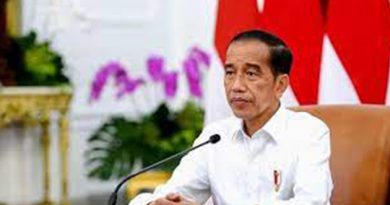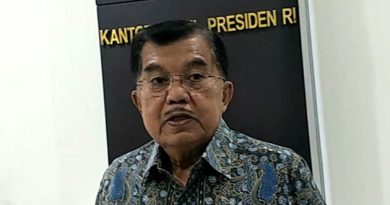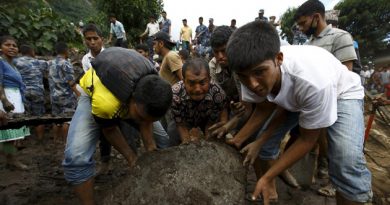Canadians Head Into Fight That May be ‘Unwinnable’ in Mali

Canada’s military has already learned the lesson that your supposed friends may actually be working against you. That those professing a willingness for peace have never put down their guns and that they are connected to narco-trafficking and need the chaos to continue so they can profit from it.
It happened in Afghanistan and it’s happening now in Canada’s newest mission: Mali.
“One of the biggest problems isn’t that we have really tough rivals but that we have really bad allies,” says Aisha Ahmad, a terrorism researcher at the University of Toronto who regularly travels to Mali. “Those groups are implicated in cocaine trafficking and illicit business and have become financially incentivized to maintain the status quo.”
Jihadists never signed agreement
In the bigger sense, Canada is part of a wider mission to support a five-year-old peace agreement. But the parties which signed that agreement, including pro-government groups and separatist and rebel factions, are seen to be breaking it on nearly a daily basis. Then there are the Islamic jihadists and bandits who didn’t ever sign the agreement and regard the UN mission (and the Canadians, by extension) as crusaders.
Starting in August, the Canadians are taking part in an aviation mission, relieving German troops who are part of a multinational UN mission that’s been in place since 2013.
“The core of the mandate is for the political process,” says Arthur Boutellis, who helped design the original UN mission. He sees all peacekeeping nations as there to support the conditions for peace, to allow political actors to move forward. “But you should expect hostile forces. You should expect attacks on convoys. You should expect IED threats.”
The Canadians will be responsible for ferrying other international troops by air, away from the roadside bombs which litter Mali’s unforgiving, dusty terrain. They’ll also conduct medical evacuations when peacekeepers are injured, and a series of effective and deadly attacks on international troops over the past several months shows the Canadian flight crews and medical teams will be busy.
Surface-to-air missiles are not believed to be present in Mali. But the airfield in the largely lawless northeastern city of Gao puts Canadian peacekeepers squarely in an area where the Malian government has little influence and where jihadists regularly attack peacekeeper bases.
The question Canadian soldiers will be asking, says Ahmad, is who can we trust?
African nations make up the bulk of the peacekeeping force and, while many have shown professionalism, they sometimes lack the equipment and high-level training. Worse though are the Malians themselves, the power brokers who signed the peace agreement, and welcomed the international community as peacekeepers.
“We got into bed with some pretty rough characters,” she says, “I’m deeply concerned that our men and women in uniform would be put into a situation where they’re potentially being handed an unwinnable war.”
The federal Liberals seem keenly aware of the complexities — and challenges to success. From a post-election promise of 600 soldiers for peacekeeping, the Mali mission has been scaled back to about 250, with no ground troops.
courtasy : CBC
photo: CBC.ca
[social_warfare buttons = “Facebook, Pinterest, LinkedIn, Twitter, Total”]



